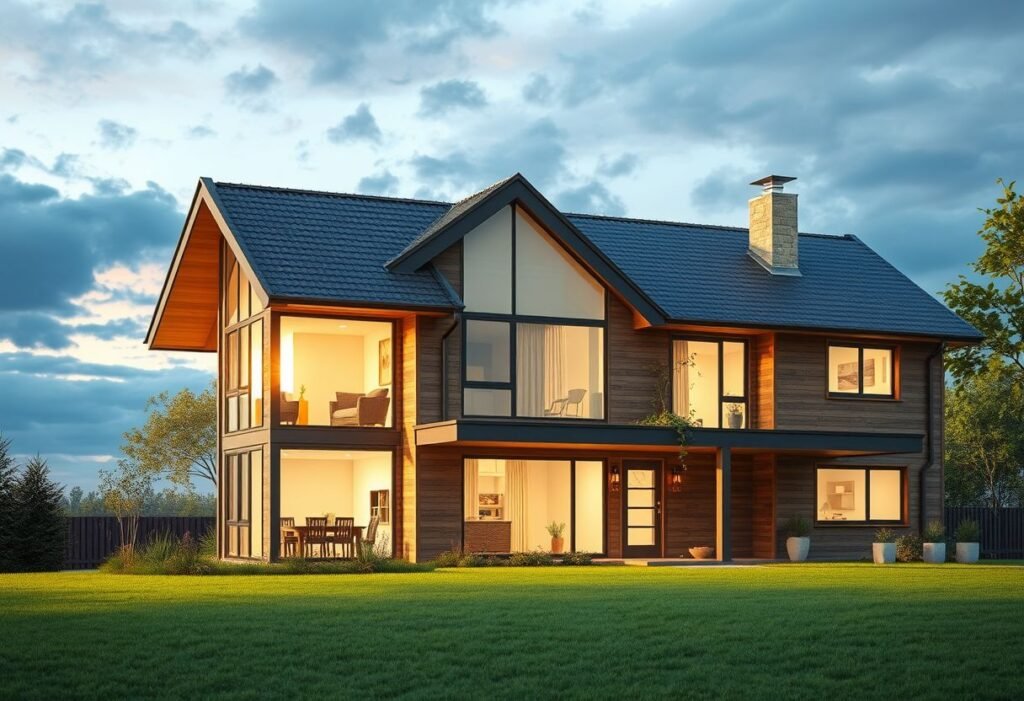Optimize Your Heating System
One of the largest energy consumers in our homes is the heating system. How can we optimize it? Start by investing in proper insulation. Ensure that windows and doors are tightly sealed to prevent warm air from escaping outside. Using programmable thermostats allows automatic adjustment of the temperature based on whether you are home or away. Remember to lower the thermostat setting when you sleep or when the house is empty. This simple change can have huge positive effects on your energy bills!
Harness Solar Energy
Solar panels are becoming more popular and accessible than ever. Investing in solar energy systems can have a significant impact on your home’s energy costs. Why is it worth considering? The sun is a free energy source that you can utilize to cut down on electricity bills. Beyond the savings, using renewable energy positively impacts the health of our planet and can also increase your property’s value in the future.
Window Treatments
Investing in appropriate window coverings, such as blinds and blackout curtains, can significantly affect the internal temperatures of your home. How does this work? In summer, window treatments help keep your rooms cool, while in winter, they retain the heat indoors. This simple and effective method can reduce energy consumption needed for heating and cooling significantly. Well-chosen window coverings can cut your energy use by up to 25%!
Energy-Efficient Appliances
When purchasing new appliances, it’s essential to pay attention to their energy ratings. Devices marked A+++ are the most efficient and can lead to significant savings over time. For instance, a fridge with a higher energy class will consume much less energy than an older model. Also, remember to practice efficient usage of appliances by turning them off when not in use.
Switch to LED Lighting
Replacing traditional bulbs with LED lighting is one of the easiest and quickest ways to reduce energy consumption. LED bulbs consume significantly less power and have a longer lifespan. Moreover, they provide the same, if not better, quality of light! The difference can be startling: outdated bulbs can account for as much as 20% of your home’s total energy use, while LED bulbs may only contribute a fraction of that.
Regular Maintenance of Your Systems
Don’t forget about regularly servicing your devices, such as boilers, air conditioners, and filters. Why is this important? Clogged filters can severely lower the efficiency of these units, leading to increased energy costs. Keeping them in good shape will help save money while also improving the air quality in your home.
Conclusion
In summary, there are countless ways to reduce energy consumption in your home, from optimizing heating systems to investing in energy-efficient appliances. Every small change can lead to significant financial savings and contribute to protecting our planet. Don’t wait! Take the first step today! Implement these tips, and your monthly bills will surely thank you.
Disclaimer
The advice provided in this article is for informational purposes only. Before undertaking any energy-related installations in your home, consult with professionals.

















